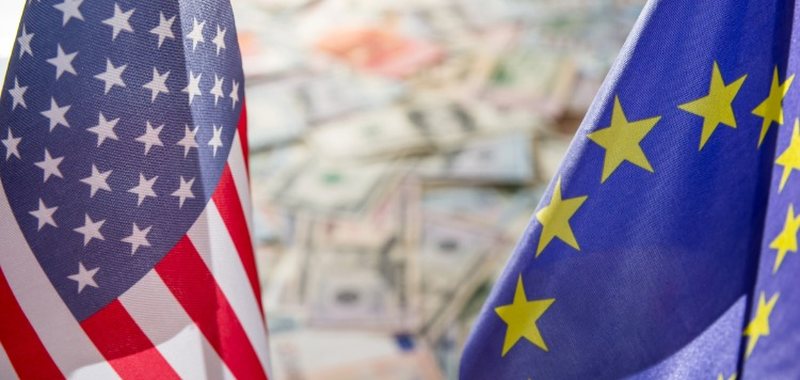"British banks profit billions from interest" - Fiscal intervention is required to support the central bank, taxpayers

The British government should tax banks on the billions of pounds they receive in interest from the Bank of England on reserves they hold at the central bank, a think tank has recommended. The roughly £22 billion a year that goes to banks as a result of the Bank of England's bond-buying program constitutes a subsidy to lenders at the expense of public services, the Institute for Public Policy Research (IPPR) said.
A new tax on bank interest would give Finance Minister Rachel Reeves more room to meet fiscal rules. Reeves is expected to raise taxes again in the autumn budget, as she is widely seen as falling short of fiscal targets. This follows an increase in taxes on employers in the first budget last year.
According to analysts, what started as a program to boost the economy has now turned into a huge expense for taxpayers. Public money is ending up directly in the pockets of commercial banks due to a flawed policy design.
British banks hold hundreds of billions of pounds in reserves at the Bank of England, largely as a result of quantitative easing, a program launched during the 2008-2009 global financial crisis. Banks are paid on these reserves based on the Bank of England's current interest rate, which is now higher than during most of the quantitative easing program. The central bank's losses are covered by the Treasury and ultimately by taxpayers.
The Bank of England has said the current system is essential for transmitting changes in the official interest rate to the wider economy. In June, the institution again defended its government bond-buying and selling program after it was criticized by some politicians over the costs.
In May, Reeves mentioned the possibility of the Bank of England making money from a new system that provides reserves to banks, after the institution had suffered huge losses from its bond-buying program. Calls for an overhaul of the system have been going on for years.

Artificial intelligence "drives" young people out of work - Jobs for 22-25 year olds have been reduced by 13%
The growing use of generative artificial intelligence is significantly impacting job prospects for American workers, according to a study by three Stanford......

EU plan to cut US tariffs - Proposes removal of existing taxes on industrial goods
The European Commission proposed removing tariffs on industrial goods imported from the United States as part of a trade deal with Washington that is......

University registration begins - The process, in two rounds. The steps to follow
The first phase of university applications begins today. The Minister of Education, Ogerta Manastirliu, has published all the steps that high school......

Up to 7 years in prison for smuggling goods! - New Penal Code/ Whoever does not declare cash at the border risks 3 months
The new Penal Code, which has been put out for public consultation, provides for tougher measures regarding customs violations. Specifically, smuggling is......

US ends tariff exemption for small packages - The measure is expected to increase prices for domestic businesses and consumers
Starting Friday, the U.S. has removed the tariff exemption for all package shipments under $800. The decision will increase costs for e-commerce businesses,......

Car sales in Europe "booming" - Chinese brand BYD records growth of over 220%. Tesla loses ground
New car sales in Europe rose 5.9% in July, as a sharp increase in Germany outweighed declines in Britain, France and Italy, data from the European Automobile......

1 in 5 Europeans will age in poverty - Urgent reforms needed in pension systems
One in five European citizens risks facing poverty in old age unless far-reaching reforms are made to pension systems, the European Insurance and......

Who is knocking on banks' doors the most? Extractive and processing industries lead credit growth in July
In July 2025, new loans to private non-financial corporations reached around ALL 19 billion, marking a decrease of 7.6% compared to the same month last year.......





















